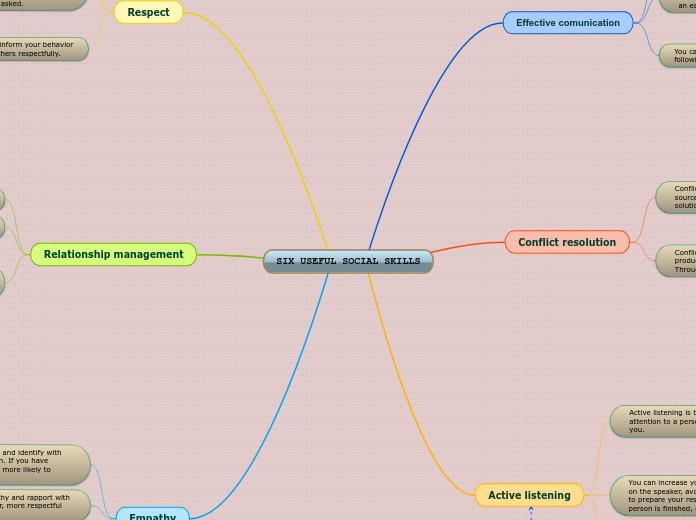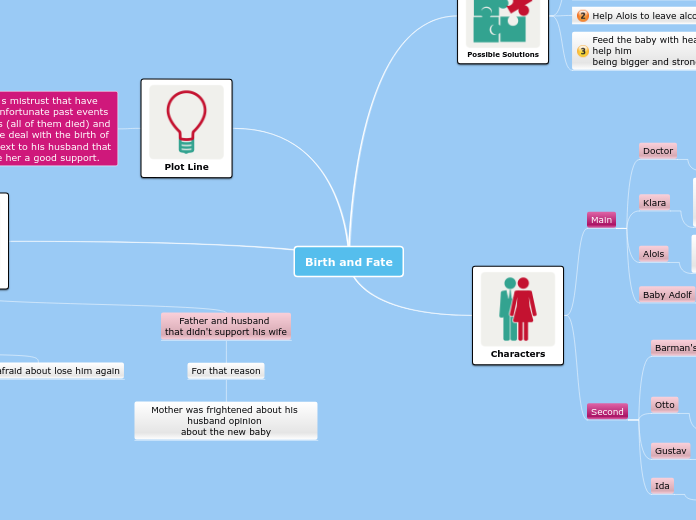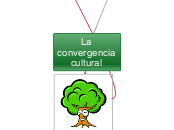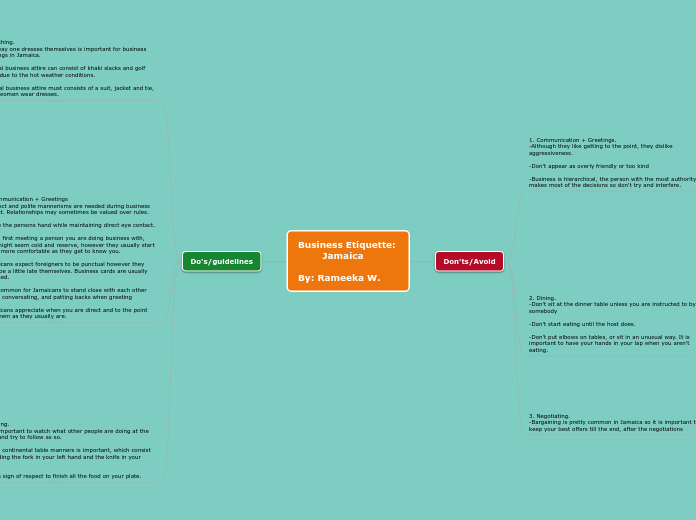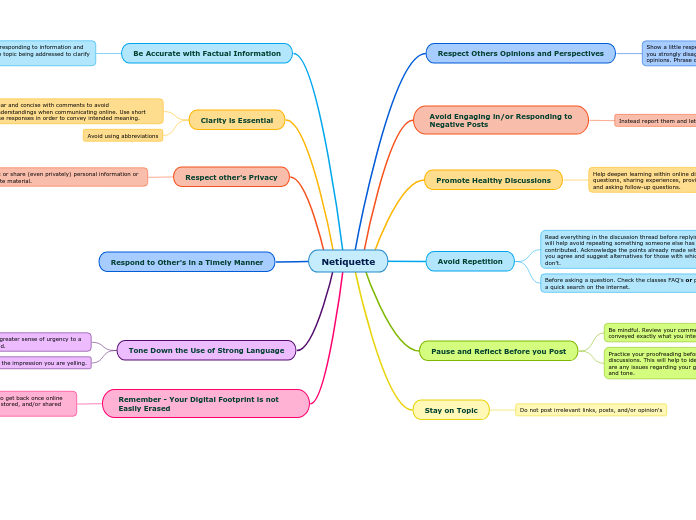by Jorge Calle 3 years ago
217
SIX USEFUL SOCIAL SKILLS
Developing social skills is essential for creating effective interpersonal interactions and fostering strong relationships. Empathy plays a central role, as it involves understanding and sharing the feelings of others, which in turn enhances active listening and mutual respect.
